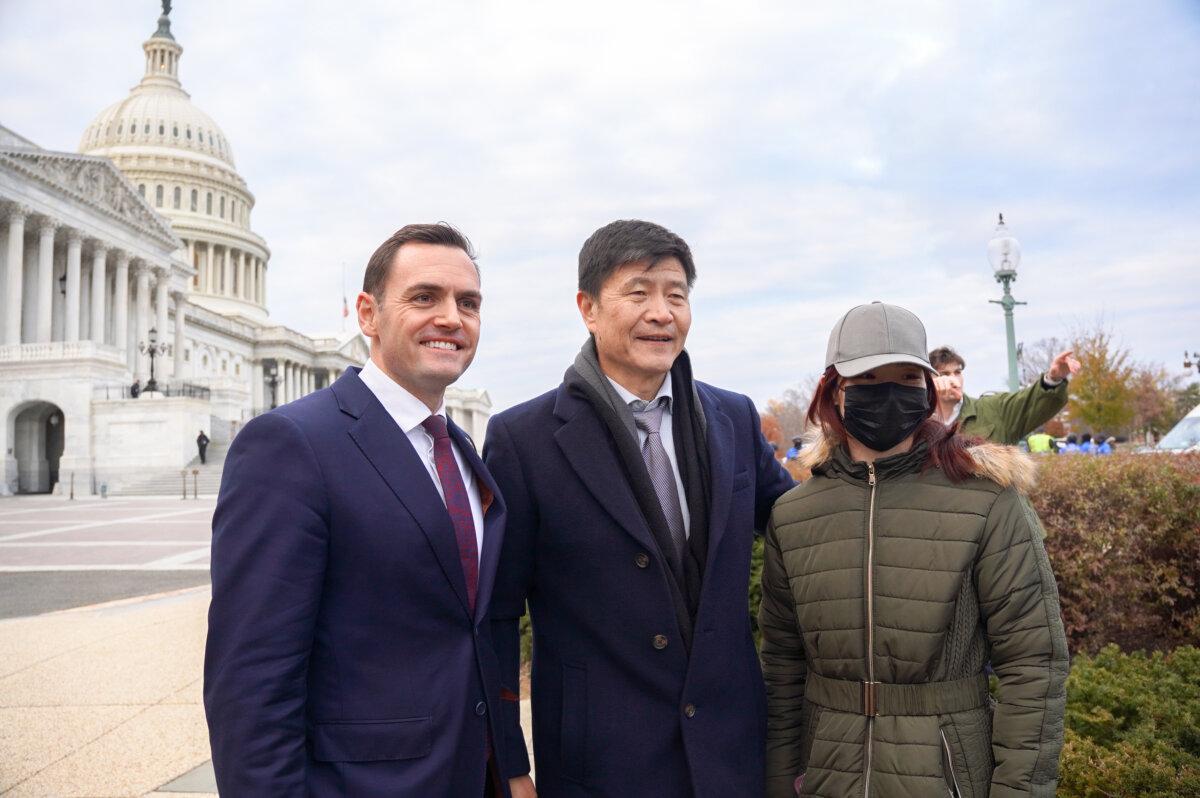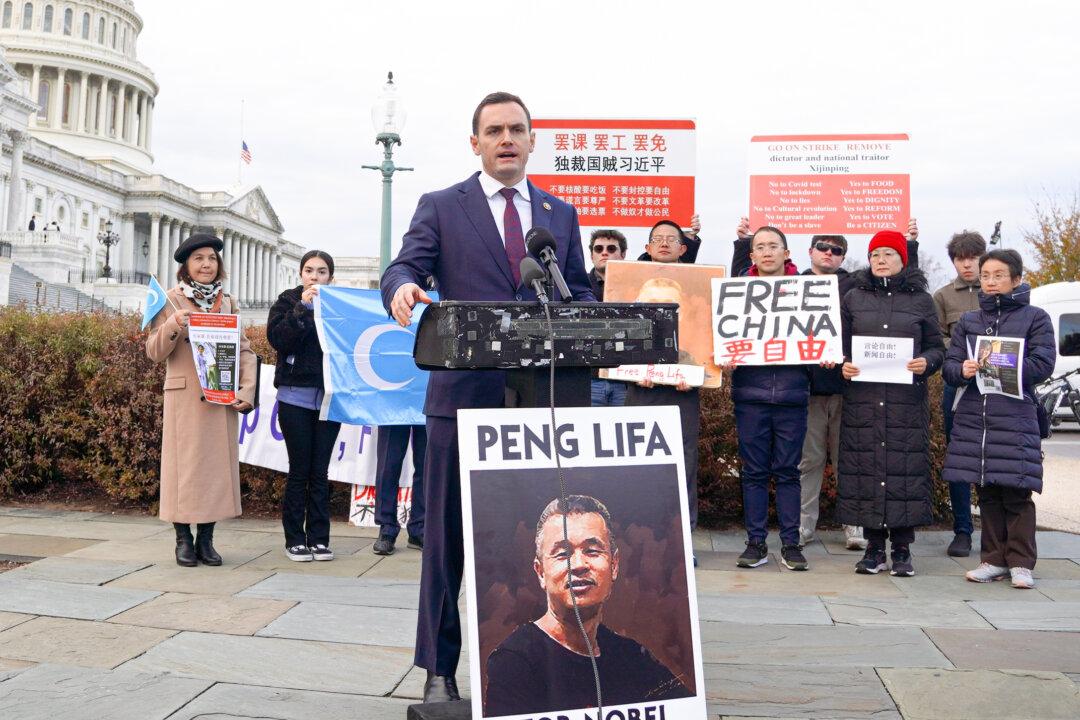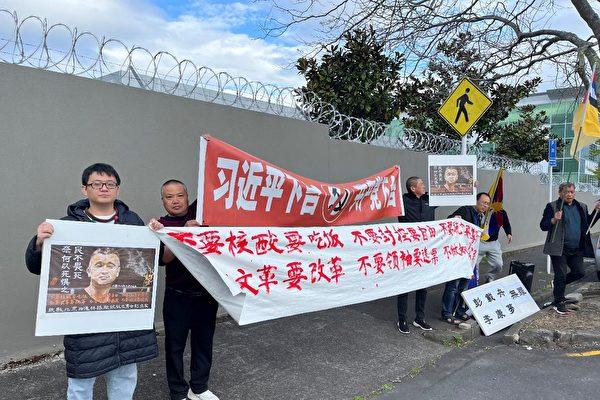WASHINGTON—Human rights activists said Chinese people’s desire for freedom would carry the momentum of last year’s white paper movement even after China’s zero-COVID policy ended.
On Nov. 24, a year ago, a deadly fire at a high-rise apartment building in Urumqi, the capital of China’s western Xinjiang region, triggered the movement. Residents blamed the Chinese Communist Party’s (CCP) draconian COVID-19 lockdowns for delaying emergency personnel from responding to the fire, leading to further deaths; many also believe the death toll is much higher than the official tally of 10.
More than 19 cities, including Beijing and Shanghai, saw breakouts of demonstrations to honor the dead and to express discontent. During those spontaneous gatherings, people held blank sheets of white paper to protest the pandemic controls and the lack of freedom of speech.
“There comes a point when tyranny becomes so obvious, and the censorship so overbearing, that slogans, arguments, and manifestos are no longer even needed,” Rep. Mike Gallagher (R-Wis.), chair of the House Select Committee on the CCP, said at a rally commemorating the first anniversary of the white paper movement.
‘Long-Lasting’
Julie Millsap, government relations manager at the Uyghur Human Rights Project (UHRP), told The Epoch Times that the movement’s impact would be “long-lasting.” She considered the white-paper protests “a strong indication that people do have a desire for freedom.”She said events marking its first anniversary were “quite a strong testament to the potential for further dissent against the Chinese regime.” “So I think this is a spark that will continue to grow into a larger flame.”
Zhou Fengsuo, executive director of Human Rights in China, agreed. To him, the movement signified a critical moment in China because Chinese people, for the first time, publicly called for the CCP to step down. He also thought the protests partly drove the CCP to end the zero-COVID policy a month later in December.
CCP Is at the Core of Atrocity
Mr. Gallagher views the white paper movement as a part of a bigger issue: the threat of the CCP.“We need to understand what the Chinese Communist Party is, which is a profoundly Marxist-Leninist entity that has not just internal ambitions, not just regional ambitions, but global ambitions that are designed to undermine America and replace us as the world leader,” he told The Epoch Times. “And unless we understand that and the nature of this regime, we’re just not going to have a successful policy going forward.”
He vowed that his committee would “continue to shine a light on not just the particular issue—the Bridgeman and the white paper protest—but the continued human rights abuses throughout China.”
Earlier this year, Mr. Gallagher nominated Peng Lifa, also known as “the Bridgeman” for his one-person protest on the Beijing Sitong Bridge in 2022 against CCP’s authoritarian rule, for the Nobel Peace Prize.
Lesley, a Chinese who lives in Boston, traveled to Washington to attend the rally. She uses an alias for fear of reprisal from the CCP.
She said she passed out flyers about the white paper movement and posted online articles supporting the Bridgeman last November. Then, her family members in China were harassed during this spring.
“Chinese people’s defiance always brought about more severe repression and brainwashing from the CCP,” she told The Epoch Times. “I hope the international society can help because it’s not just an issue of Chinese being enslaved. It is an issue of the CCP using Chinese people’s money and resources against the entire free world.”
She added that the freedom of the Chinese people will bring about a better world. She said she and others would continue to work on sharing more information about China in English.
“When transparency increases, I believe the international policies will follow,” she said.






